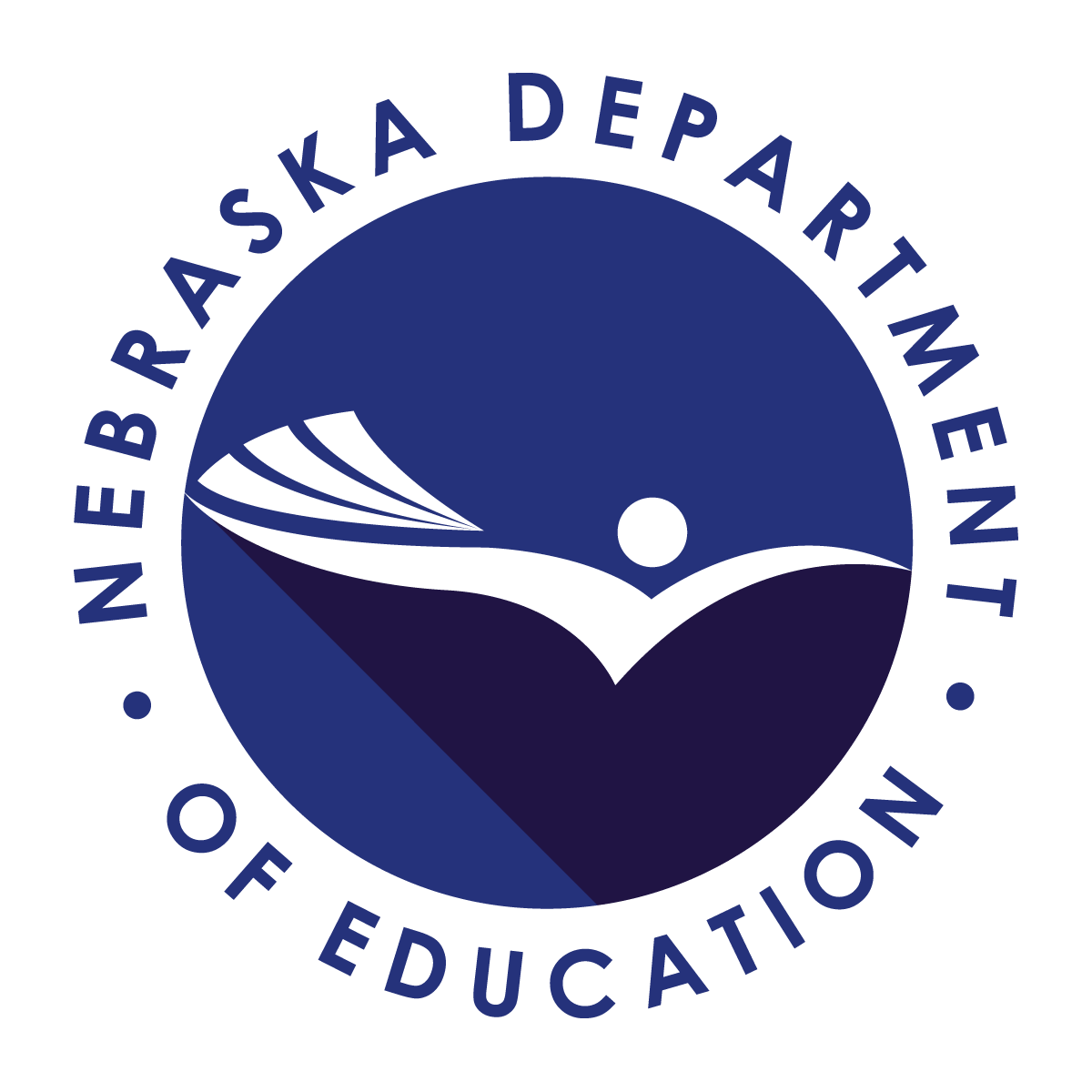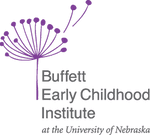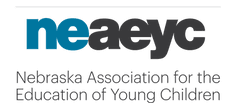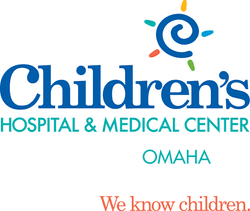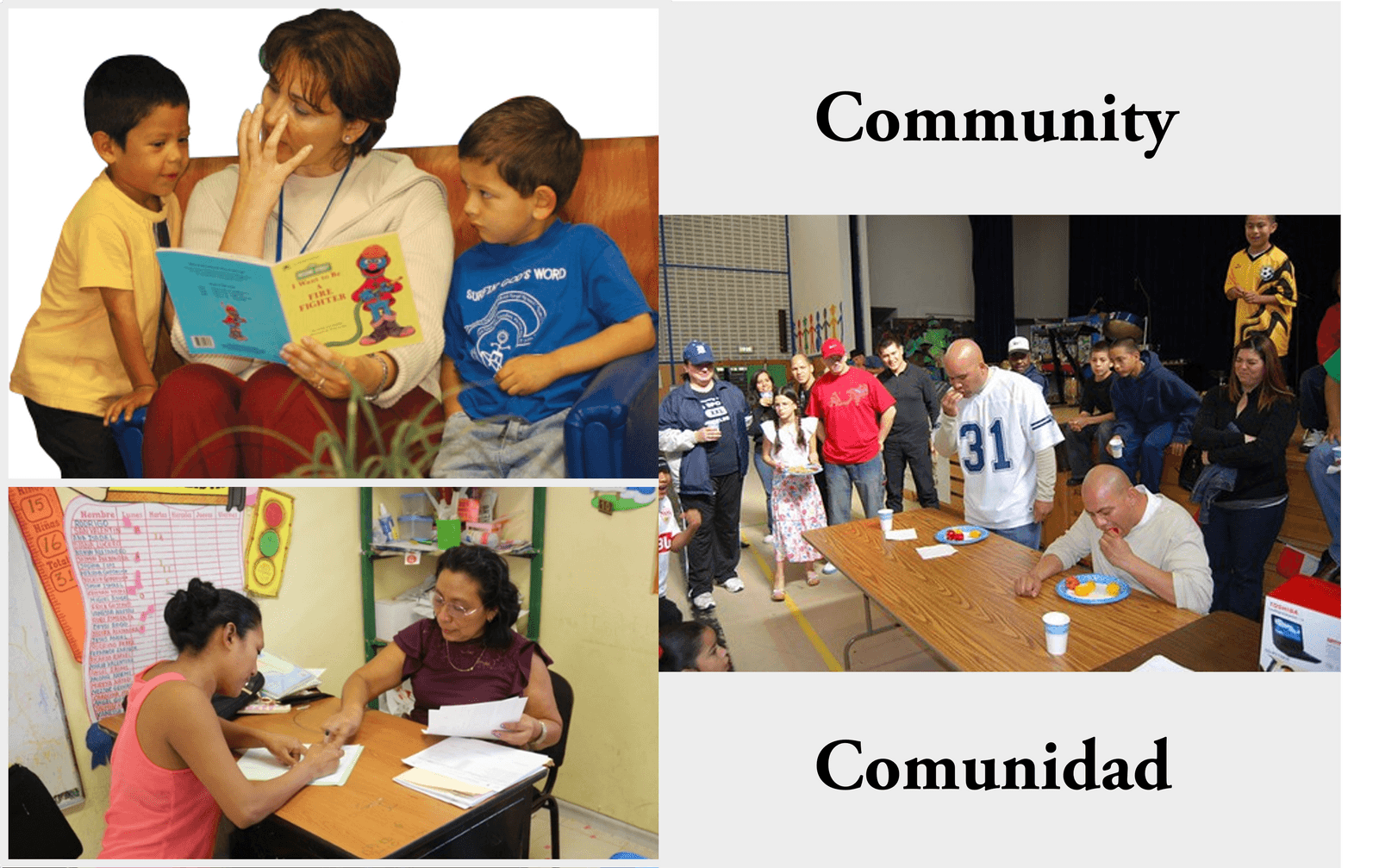
Wendy Gwennap, the Early Childhood Community Coordinator for Adams County, admits that before she started her position, she was unaware of the challenges migrant Spanish-speaking families face when they come to the U.S. “I was ignorant of what they go through,” she said. But to speak with her now, to see her fight back tears as she describes positive change in her community, is to see the passion she feels for working with these families to provide them with the services and tools they need to succeed.
Adams County is only one of three communities who applied for new grant funding for projects connected to bilingual initiatives. In early September, Communities for Kids (C4K) received an additional $55,000 in preschool development grant funding to be used by communities already participating in the Spanish-Speaking/Bilingual Support Initiative and “to improve access to early childhood professional development and quality improvement activities for Spanish-speaking/bilingual child care providers.” Communities were invited to submit proposals that either benefitted the entire state or that were easily replicable in other areas of Nebraska. In addition to Adams County, Hall County and the Lexington area were awarded grant funding to pursue projects focused on Spanish-speaking communities.
The Lexington area shows some of the greatest need for bilingual early childhood assistance in the state with a Spanish-speaking population of nearly 60%. Of the 1,142 of all children under the age of six in the area, 837 are neither in licensed care nor in public school care, which suggests a majority of the Spanish-speaking community receives unlicensed care. Shonna Werth, Assistant Vice President of Early Childhood Programs at Nebraska Children and Families Foundation, who leads early childhood efforts in Lexington, notes the strong bilingual infrastructure in place in the community. There are three bilingual Nebraska Department of Education early childhood trainers, one bilingual social worker, and a Lexington Public School preschool where most of the staff are bilingual. In addition, the area does have two Spanish-Speaking providers and a strong Sixpence program (three of their home visitors are bilingual) with good relationships with those providers.
Lexington has been funded to offer Pyramid Model training to four providers, and Circle of Security Classroom (not funded by PDG funds) and Nebraska Early Guidelines trainings to any interested Spanish-speaking providers in the area. Rooted in Relationships’ Patti Mahrt will conduct all trainings in cooperation with a translator who has early childhood experience and who will ultimately be trained as a coach so that sessions can eventually be conducted in Spanish. Werth notes that the four providers will add to the already existing two Spanish-speaking providers in the Lexington area, with a long-term goal, as Rooted in Relationships expands, “that these four will build the Spanish provider community beyond C4K’s involvement.” While the full training schedule will require braiding funding and talents from C4K, Rooted, and Sixpence, the goal is to provide early childhood care environments where children can grow and thrive under properly trained and safe supervision.
Hall County, which has a similarly large Latinx population at roughly 48%, has been funded for an ambitious multi-tiered project. One element, as described by Early Childhood Community Coordinator Saffron Buettner, will be the use of Spanish Champs, a program of stories, songs, and fingerplays used to teach children Spanish that is already in use at one of the fourteen licensed providers in the county. The first goal will be to use the program in mixed English-Spanish population facilities to help providers better communicate with Spanish-speaking families. The second goal will be to expand to non-Spanish speaking facilities as a move toward creating cultural integration for English-speaking children.
The second element of the Hall County project will be to offer four modules of the Provider Academy in Spanish. The first module will be on licensing standards and regulations, which Buettner says, “will at least give unlicensed providers information on providing a safe environment.” The second module will involve business training on structuring fees with food and activities involved and on other elements of running a successful business. The third module will take providers through required Safe with You training that provides information on safe sleep for infants, shaken head trauma, signs of abuse, and the reporting process. The final module will be a CPR/1st aid course provided in partnership with the Center for Rural Affairs. Buettner hopes the modules will help eligible providers toward the Step Up to Quality certification offering service to those who either can’t afford it or don’t know how to begin the process. Regardless of certification or licensure status, she wants to provide training for Spanish-speaking providers who might not otherwise have access. As she puts it, “I think our community needs to understand and embrace other communities not as outsiders.”
While Adams County has the smallest Spanish-speaking population (14%) of the funded communities, Wendy Gwennap recognizes the need to expand the in-home provider base and aims to add 10 more Spanish-speaking in-home caregivers as well as provide them with the training and materials to set them up for success. Grant funding will be used to expand coaching services using Ready Rosie and Milestone Moments, and to facilitate access to English as a Second Language classes, GED resources, citizenship classes, driver’s licensing, and training in basic 1st aid/CPR. A second part of the project is to provide caregivers with materials in Spanish, such as posters, games, toys, and books both for the children and adults. Gwennap describes it as an attempt to make in-home providers spaces “print-rich environments.” They will even be able to provide literacy and math kits that can be checked out by parents to work with children at home. Gwennap goes on to say, “These providers are all so excited to have these materials in their language.” The final part of the Adams County project will be to partner with Leap Frog Village to host four family engagement dinners for Spanish-speaking families as a means of community building with the provider network.
What becomes clear in looking at the work being done in all three communities is the level of collaboration at work. Statewide organizations such as Communities for Kids, Sixpence, and Rooted in Relationships offering funding and training, community activists such as the Center for Rural Affairs and Leap Frog Village, and the Community Coordinators, the coaches, the providers, and the families all coming together to build a more accessible and equitable early childhood system for Nebraska. This is work being done out of commitment and a heartfelt need for a more inclusive environment. Shonna Werth sums it up in speaking of the workers involved when she says, “they are so passionate about early childhood! I know this will be successful because of them.”



